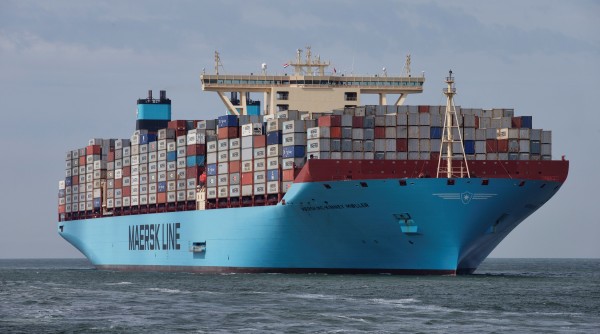Introduction
In the ever-evolving world of global trade, the agriculture sector stands at the forefront of both opportunity and challenge. For businesses like Radiance Overseas, which specialize in the import and export of organic agri-products, understanding the supply chain intricacies and tariff regulations is not just important—it’s essential for long-term growth and sustainability.
The Agri-Product Supply Chain: A Complex Ecosystem
From farms to foreign shelves, the journey of an agri-product involves multiple stages:
- Sourcing & Farming: Quality begins at the source. Radiance Overseas partners with certified organic farmers who follow sustainable practices.
- Processing & Grading: Products are sorted, cleaned, and sometimes processed for enhanced shelf-life and compliance with international food safety standards.
- Packaging & Labeling: Eco-friendly, attractive packaging that meets global regulatory requirements is a must—especially for markets like the USA, EU, and Gulf countries.
- Customs Clearance & Logistics: This phase involves documentation, inspection, and smooth coordination with shipping partners.
- Final Distribution: Products reach wholesale buyers, retailers, or directly to e-commerce customers.
Each of these steps requires strategic planning, reliable partners, and a pulse on changing trade policies.
Tariffs: The Double-Edged Sword of Global Trade
Tariffs—government-imposed taxes on imports and exports—play a significant role in shaping international agri-trade. While they protect domestic producers, they can also impact pricing, profit margins, and market competitiveness for exporters like us.
Key Tariff Considerations:
- Country-Specific Tariffs: For example, the U.S. may have different tariff rates for organic turmeric than the EU. Understanding Harmonized System (HS) codes and country agreements is critical.
- Preferential Trade Agreements: India’s trade deals with ASEAN, the EU, or Middle Eastern nations can provide tariff exemptions or lower rates for certified organic products.
- Non-Tariff Barriers: Sometimes, regulations related to pesticide residues, labeling, or quality standards can act like “hidden tariffs,” increasing the cost of compliance.
At Radiance Overseas, we consistently analyze these dynamics to optimize our pricing models and ensure timely delivery without compromising on quality.
Real-World Impact: Why This Matters for Your Business
When tariffs rise or new regulations are implemented, the ripple effects impact:
- Lead Times: Delays at ports due to compliance checks
- Cost Structures: Increased duties affect final pricing
- Supplier Selection: Preference for regions with favorable trade policies
- Market Entry Strategy: Tariffs often influence which markets we prioritize or hold off on
Radiance Overseas adapts to these challenges by working closely with logistics partners, trade consultants, and global buyers to stay compliant and competitive.
Our Promise at Radiance Overseas
We believe in transparency, traceability, and trust. Whether you’re a retail brand in the U.S. sourcing organic ginger or a distributor in Europe looking for high-quality black pepper, we provide:
✅ Regulatory Compliance
✅ Competitive Pricing
✅ Custom Packaging Solutions
✅ Global Delivery Networks
Conclusion
As global trade becomes increasingly volatile, especially in the agri-products sector, understanding the intersection of supply chain management and tariffs is vital. At Radiance Overseas, we don’t just ship products—we build long-term trade relationships rooted in trust and quality.
Interested in partnering with us or learning more about how tariffs impact your agri-trade goals? Contact us today!
